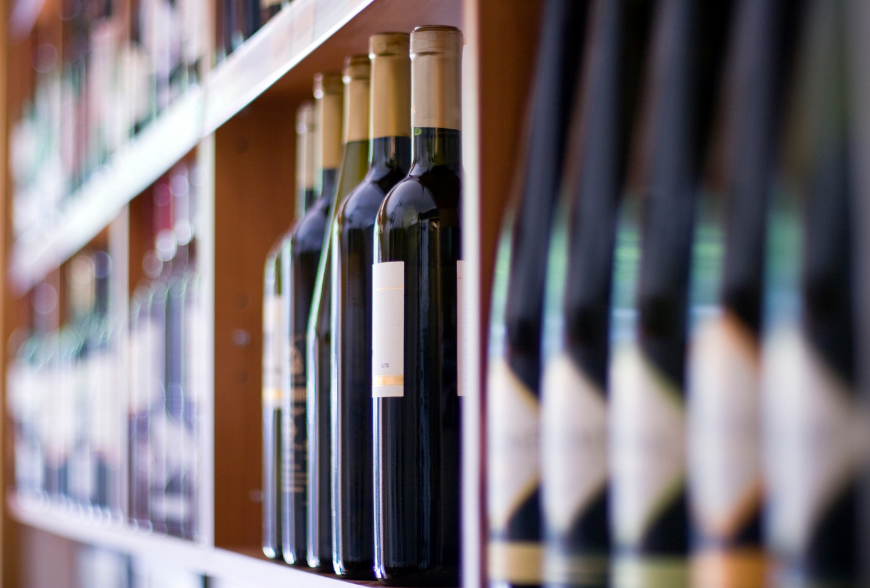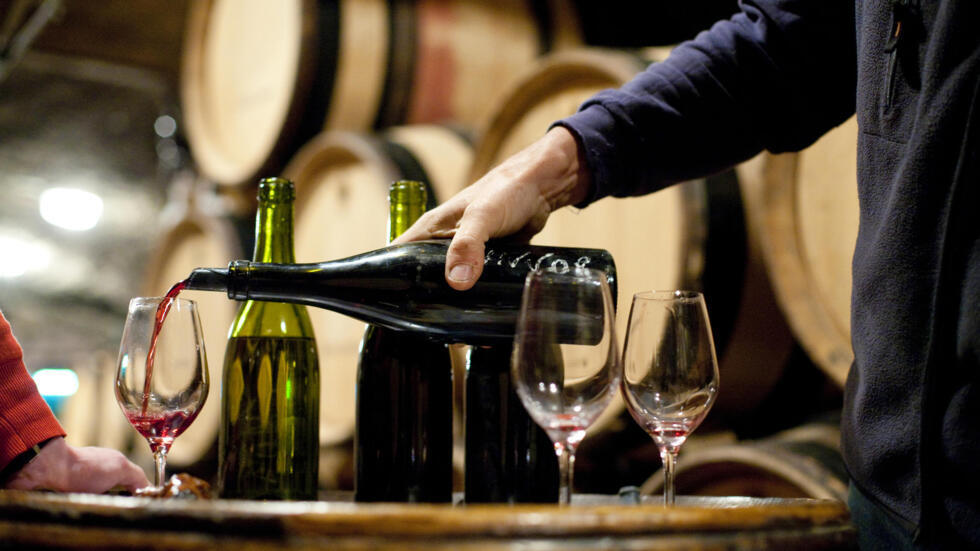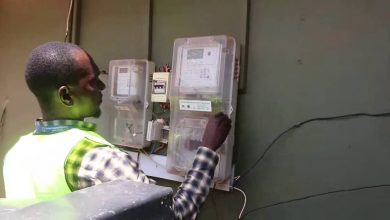International fraud ring busted for selling fake vintage wines worth up to €15,000

French and Italian police have dismantled an international fraud ring that was selling low-quality wine as expensive vintages worth up to €15,000 (£12,500) each.
Six individuals, including a Russian national believed to be the ringleader, were arrested in Paris, Turin, and Milan.
Authorities allege that the group created fake labels mimicking those of renowned French vineyards and sold the bottles at full market value through global wine traders.
The fraud reportedly generated €2 million, according to French prosecutors.
One French national has been charged with organized fraud and money laundering, while the alleged ringleader, a 40-year-old Russian, faces similar charges.
Europol, in a press release, stated that items seized included “a large amount of wine bottles from different counterfeited Grand Cru domains, wine stickers and wax products, ingredients to refill wine, technical machines to recap bottles, luxurious goods,” as well as electronics valued at €1.4 million and over €100,000 in cash.
Wine fraud is not new, but it has evolved. Once a small-scale crime involving a few experts counterfeiting labels and seals, the booming prices of the finest Grand Crus in the global market—reaching thousands of pounds per bottle—have made organized fraud more lucrative.

Italy is considered a hub for this activity due to its deep wine expertise and a criminal underworld willing to invest in such operations.
According to a wine auctioneer, the counterfeiting of old bottles and labels is now so sophisticated that even vineyards struggle to detect fakes.
International buyers, particularly in China, are willing to pay as much as £20,000 for a high-end bottle, which further fuels the temptation for criminals to create counterfeit wines filled with substandard products.
Many buyers, storing the bottles for years, may never realize they’ve been duped.
Source-BBC





